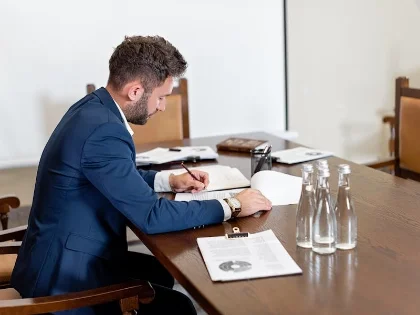Protecting Your Rights: The Role Of A Lawyer In Civil And Criminal Cases
Everybody ought to be endowed with some rights. This implies that no one should face discrimination due to their gender, color, religion, or any other attribute. However, there are still plenty of ways for people's civil rights to be infringed. This can involve police deceit, crisis pregnancy counselors misrepresenting their medical backgrounds, and deliberate legal actions intended to prevent the public from participating.
Legal Assistance
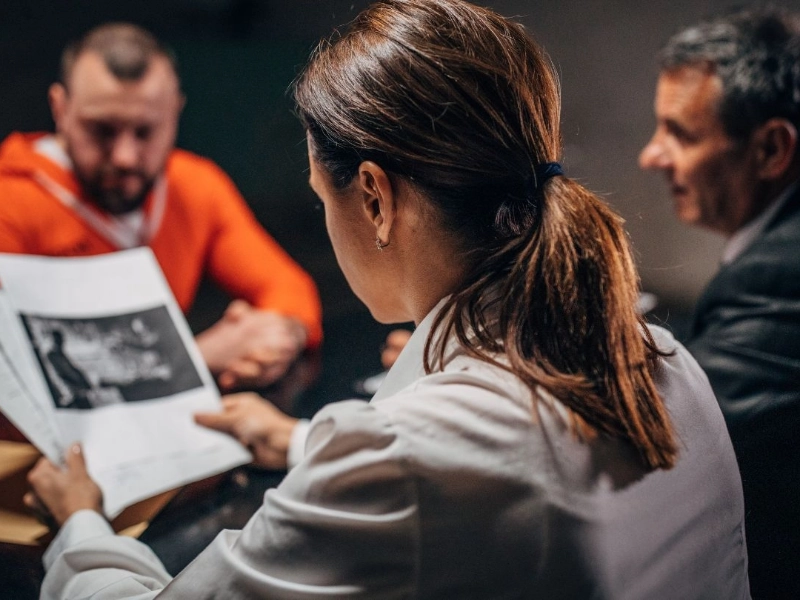
Getting Ready for the Trial
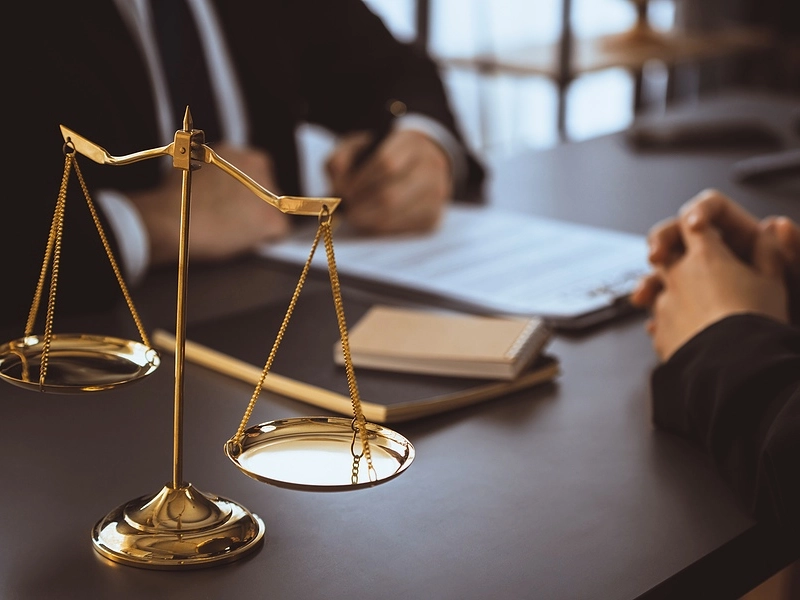 A civil lawyer can also help clients resolve conflicts outside of court. An excellent illustration would be if one of the clients gets into an accident or has a financial dispute with someone else. A civil attorney can help the client in both situations obtain a just reimbursement.
Trial preparation is the process of thoroughly investigating and organizing a case prior to trial. The lawyer must thoroughly analyze the other side's case in order to identify its weaknesses and formulate a counterargument. Trial preparation must include witness and expert witness preparation. A lawyer has to anticipate possible cross-examination and craft questions that will draw out the best possible testimony from witnesses.
Another crucial aspect of trial preparation is jury selection. Reviewing possible jurors and crafting focused questions is necessary for the lawyer to identify any prejudices, experiences, or attitudes that might affect the case's outcome. Finally, the lawyer needs to draft motions to address any matters that come up during the trial.
A civil lawyer can also help clients resolve conflicts outside of court. An excellent illustration would be if one of the clients gets into an accident or has a financial dispute with someone else. A civil attorney can help the client in both situations obtain a just reimbursement.
Trial preparation is the process of thoroughly investigating and organizing a case prior to trial. The lawyer must thoroughly analyze the other side's case in order to identify its weaknesses and formulate a counterargument. Trial preparation must include witness and expert witness preparation. A lawyer has to anticipate possible cross-examination and craft questions that will draw out the best possible testimony from witnesses.
Another crucial aspect of trial preparation is jury selection. Reviewing possible jurors and crafting focused questions is necessary for the lawyer to identify any prejudices, experiences, or attitudes that might affect the case's outcome. Finally, the lawyer needs to draft motions to address any matters that come up during the trial.
Reaching a Settlement Through Negotiation
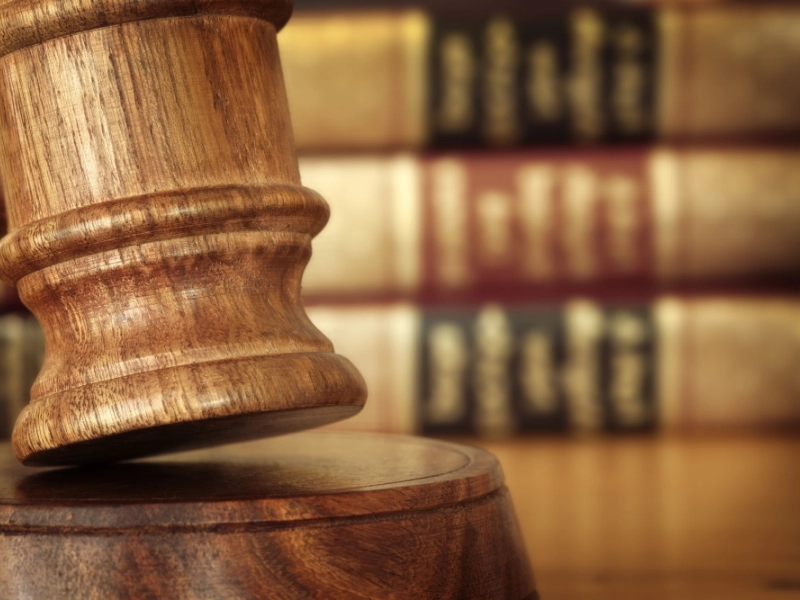 Settlement agreements are used to resolve a high proportion of civil lawsuits. This is when, in exchange for money and the release of any unresolved claims, the plaintiff consents to cease suing the defendant before or during a trial.
The capacity for negotiation is a crucial aspect of a lawyer's work. They need to be skilled communicators, have a solid understanding of the law, and comprehend the viewpoint of their clients. They must also be up-to-date on recent court cases, historic rulings, and legal advancements.
Settlement talks are frequently complicated and entail several parties. It is the ethical responsibility of the lawyer to notify their client of any offers and proposals that may be of interest when the client gives their lawyer the ability to decide on a settlement on their behalf. In the well-known O.J. Simpson case, for instance, the jury found him not guilty of killing his ex-wife Nicole and her friend Ron Goldman. Due to its ability to demonstrate the distinction between criminal and civil law, the case has garnered a great deal of interest.
Settlement agreements are used to resolve a high proportion of civil lawsuits. This is when, in exchange for money and the release of any unresolved claims, the plaintiff consents to cease suing the defendant before or during a trial.
The capacity for negotiation is a crucial aspect of a lawyer's work. They need to be skilled communicators, have a solid understanding of the law, and comprehend the viewpoint of their clients. They must also be up-to-date on recent court cases, historic rulings, and legal advancements.
Settlement talks are frequently complicated and entail several parties. It is the ethical responsibility of the lawyer to notify their client of any offers and proposals that may be of interest when the client gives their lawyer the ability to decide on a settlement on their behalf. In the well-known O.J. Simpson case, for instance, the jury found him not guilty of killing his ex-wife Nicole and her friend Ron Goldman. Due to its ability to demonstrate the distinction between criminal and civil law, the case has garnered a great deal of interest.
Going to Trial with Your Case
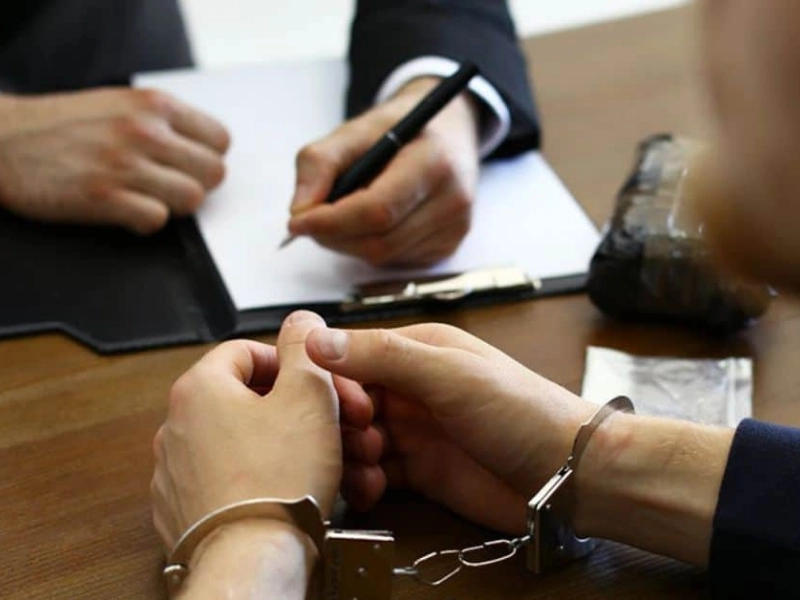 Despite the drama depicted in TV courtroom dramas, the majority of cases settle before proceeding to trial. Your attorney can assist you in determining whether to proceed with a trial, though, if you're unhappy with a settlement offer or feel that you have been falsely accused of a crime.
During a trial, a jury made up of individuals hears testimony from both sides before determining whether or not a person is guilty or not. The prosecution's job in a criminal case is to prove the defendant's guilt beyond a reasonable doubt. The burden of proof in a legal case is on the plaintiff to establish the defendant's liability for the damages sought.
During a trial, a lawyer's job is to make sure everything is done legally and fairly. They can also conduct witness interrogations and carry out other duties required to ensure a smooth trial. They must be current on legal developments and significant rulings. As a result, they are able to better serve their clients' interests.
Despite the drama depicted in TV courtroom dramas, the majority of cases settle before proceeding to trial. Your attorney can assist you in determining whether to proceed with a trial, though, if you're unhappy with a settlement offer or feel that you have been falsely accused of a crime.
During a trial, a jury made up of individuals hears testimony from both sides before determining whether or not a person is guilty or not. The prosecution's job in a criminal case is to prove the defendant's guilt beyond a reasonable doubt. The burden of proof in a legal case is on the plaintiff to establish the defendant's liability for the damages sought.
During a trial, a lawyer's job is to make sure everything is done legally and fairly. They can also conduct witness interrogations and carry out other duties required to ensure a smooth trial. They must be current on legal developments and significant rulings. As a result, they are able to better serve their clients' interests.




